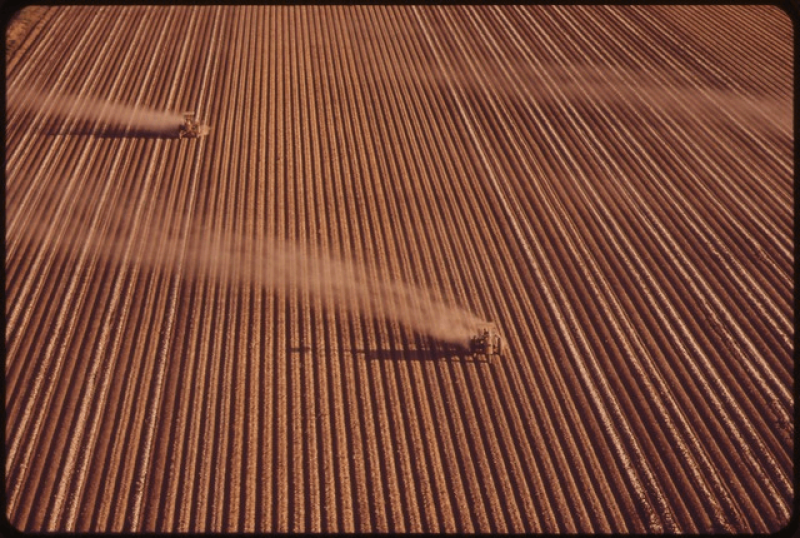Almost everything about synthetic fertilizer sucks.
It sucks for the climate, generating 2.5 percent of the world’s greenhouse gas emissions, more than global aviation. It sucks for the environment, creating a dead zone the size of Connecticut in the Gulf of Mexico while choking the Great Lakes with algal blooms. And it sucks for farmers, because it’s an expensive commodity controlled by petro-giants like Koch Industries and petro-states like Russia — and about half its nitrogen gets wasted.
The world needs to find a more sustainable nitrogen delivery system, and a fast-growing Berkeley-based unicorn called Pivot Bio, backed by green investors like Bill Gates and Al Gore as well as unsentimental agribusinesses like Bayer, Bunge and Continental Grain, believes it’s invented one.
Pivot Bio sells genetically edited microbes designed to pull nitrogen out of the air and feed it to crops, while making sure the nitrogen actually fertilizes the crops instead of escaping to the environment. And farmers are buying them. Pivot’s biological replacements for chemical fertilizers were applied to more than 5 million acres of American farmland last year, producing more than $100 million in revenue for the company.































